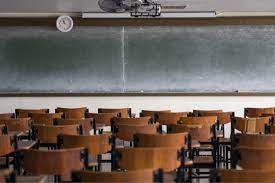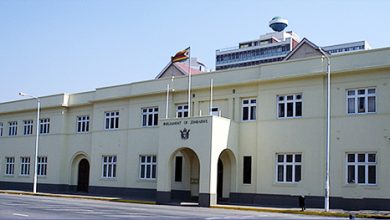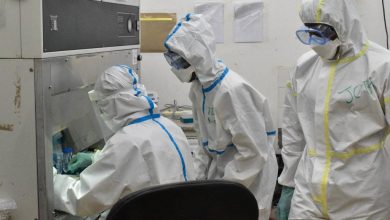Zim launches programme to boost education pass rates

The Ministry of Primary and Secondary Education has embarked on a nationwide Joint Monitoring Exercise to improve the pass rates in the country’s underperforming primary and secondary schools.
According to the Director of communications and advocacy in the ministry, Taungana Ndoro, improving pass rates requires a multifaceted approach that addresses various aspects of the educational system such as investment in teacher training and professional development programmes.
“This will enhance the quality of teaching and provide ongoing support for teachers, such as mentoring and coaching, to improve their instructional skills and classroom management techniques,” Ndoro said.
However, educators have advised that to boost motivation, teachers need to be highly paid otherwise all other talk is ‘politicking.’
“In the absence of positive teacher motivations and humane salaries viz other well-known government inconsiderate expenditures this remains utter balderdash and a continued waste of resources,” said one school headmaster who spoke to CITE.
“Senior government officials are subtly creating T and S (travel and subsistence allowances) for themselves while teachers and headmasters have to make do with little or no resources. How can one run a school with nothing?”
Nonetheless, the education ministry spokesperson stated the goal of the exercise was to produce baseline findings that would inform programming, policy, and decision-makers about the necessary interventions by the government and partners to provide education for sustainable development and make sure there are no zero-percent pass rates in schools.
“This week the Ministry is embarking on a Joint Monitoring exercise with partners throughout the country. The monitoring exercise will examine challenges among schools to enforce all set protocols and measures as per minimum functionality of the standards set by the Ministry,” Ndoro said.
According to Ndoro, the ministry is now recruiting teachers and aims to reduce class sizes so that teachers can provide individual attention to students, as well as lower teacher-pupil ratios to enable for more personalised education that will help address students’ different needs.
He also added the ministry intended to enhance the curriculum, making sure it remains relevant, engaging, and aligned with educational goals.
Ndoro said the Government will continue to allocate adequate resources to schools, including textbooks, teaching materials, science laboratories, and technology and improve school infrastructure, such as classrooms, libraries, and sanitation facilities, to create a conducive learning environment.
He said the ministry also encouraged collaboration among schools, teachers, and educational institutions to facilitate opportunities for sharing best practices, collaboration on projects, and professional development workshops in order to improve or maintain high pass rates.
“It is our clarion call that collaboration between Government, educators, parents, and communities remains crucial for achieving long-term improvements in the pass rates of underperforming schools,” Ndoro said.
But some educators noted that underperforming schools were mostly in rural setups and questioned whether there were incentives for teachers posted in these areas.
“A rural school without electricity, connectivity and materials will produce low pass rates. Then there is CALA where students without access take the same exam with those who have access to digital tools and connectivity,” said one teacher who said a school’s location was a factor in pass rates.
Ndoro, however, insisted that geographical location does not affect pass rate.
“We have schools in very rural areas that perform brilliantly. Ruya High is in Mt Darwin but the other year one pupil obtained 50 points at A level. Besides there’s what is called rural allowance for those in rural areas,” he said.
“On CALA, the misunderstanding that it requires the internet continues to worry the Ministry. CALA is there for pupils to find local solutions to local problems whether or not it requires the internet. It’s common cause that, Computer studies are not offered at a school without connectivity or electricity.”






